China will build major medical centers and increase the number of teams to handle health emergencies and contagious diseases following its experiences battling COVID-19, officials said on Monday.
The nation also plans to increase its stockpiles of emergency medical materials, Guo Yanhong, head of the National Health Commission's medical emergency department, said at a news briefing. The COVID-19 epidemic highlighted the significance of the country's emergency medical treatment capacity as other public health threats continue to emerge, Guo said.
"After nearly two decades of continuous efforts, our ability to deal with public health emergencies has improved and played an important role in dealing with such events," she said. "We have issued the 14th Five-Year Plan (2021-25) on medical services and relief for emergencies to further improve capacity in the field."
The command system for medical emergencies will be improved and "a mobilization and mutual assistance mechanism" for medical resources set up, so that responses to emergencies are prompt and orderly, she said.
More treatment centers and training bases for handling health emergencies and major epidemics will be established, along with research and medical centers to deal with poisoning and nuclear radiation. "These centers and bases will form the pillar of China's emergency medical system," she said.
China currently has 40 national-level emergency medical teams. It plans to add about 20 more such teams by 2025.
"They will be better equipped, and special attention will be paid to improve their intensive care skills," Guo said.
During COVID-19 infection peaks, some regions grappled with temporary shortages of medical materials. Guo said with the country's vast size and uneven development, it is important to step up preparedness.
"Central and local authorities should ramp up inventories of medical materials and facilitate cooperation, mutual aid and information sharing across different regions, so that regional gaps can be filled quickly," she said.
Efforts should be made to assess the amount of drugs and materials required during an epidemic, and localities should expand their manufacturing capacity and inventories of medical equipment and drugs.
"Medical institutions should also beef up stockpiles of medications and materials," she said.
Zhou Jian, an official with the Ministry of Industry and Information Technology, said the ministry will keep up with vaccine and drug development and prepare for mass production. The ministry will also shore up weak links in the industrial chain of the pharmaceutical sector, and promote development of antiviral oral pills and vaccines based on new technologies.
Li Zhengliang, an official with the General Administration of Customs said on Monday that since China downgraded COVID-19 management from Class A to B on Jan 8, customs officials had detected 30 different variants in inbound passengers by Sunday.











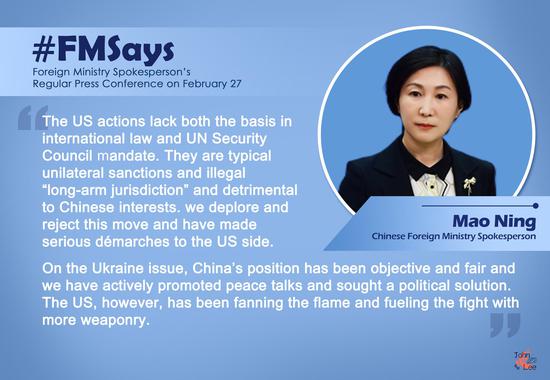

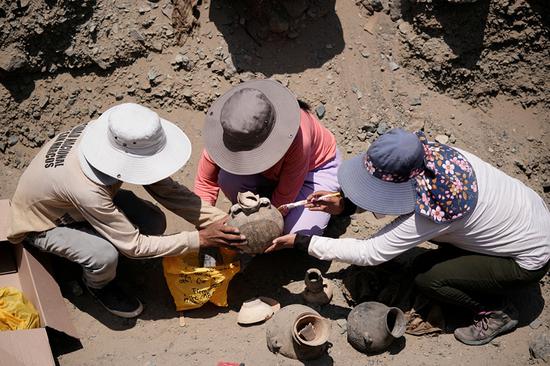
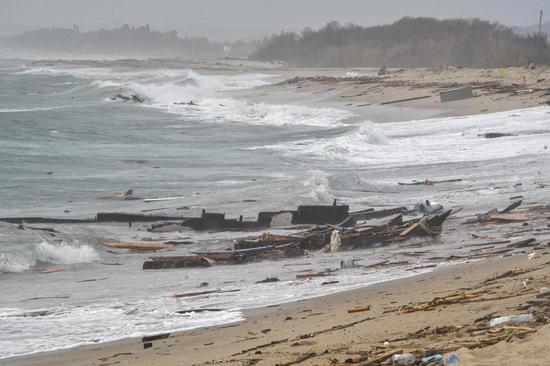




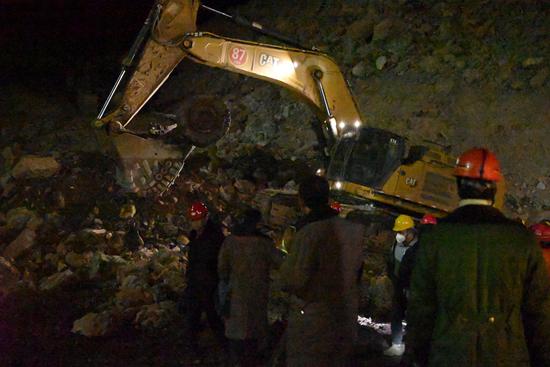

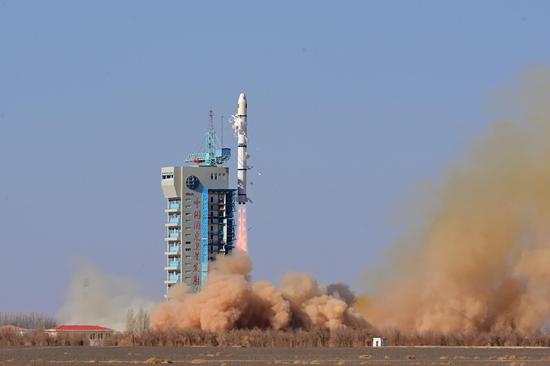

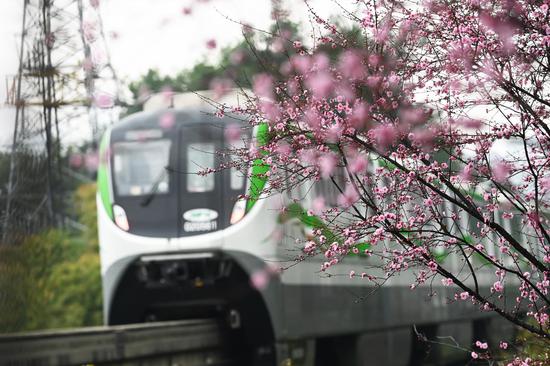

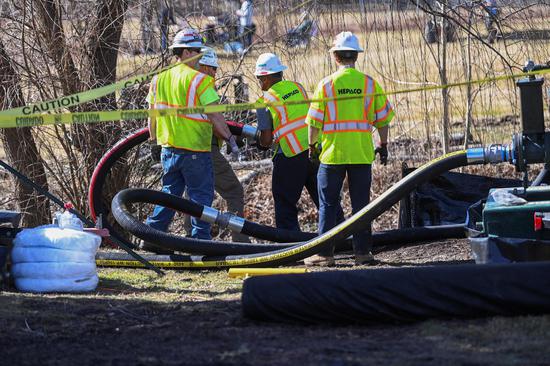


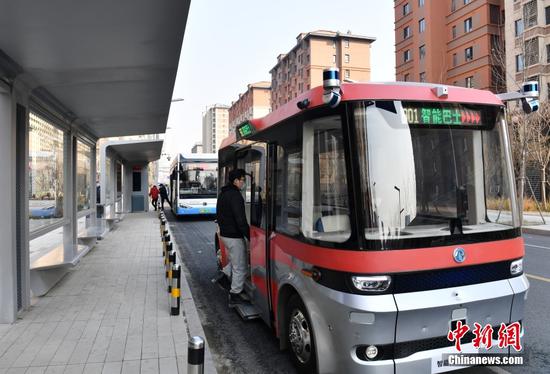
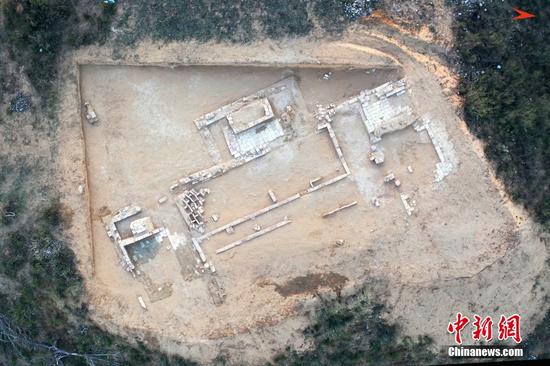
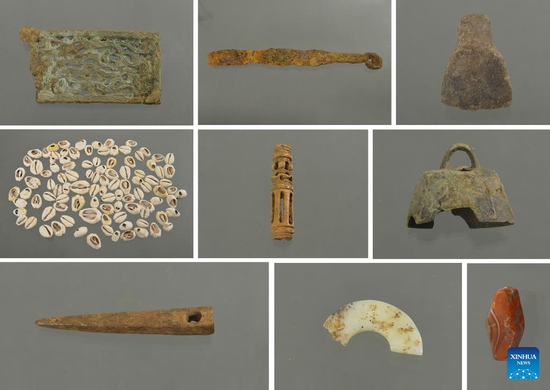
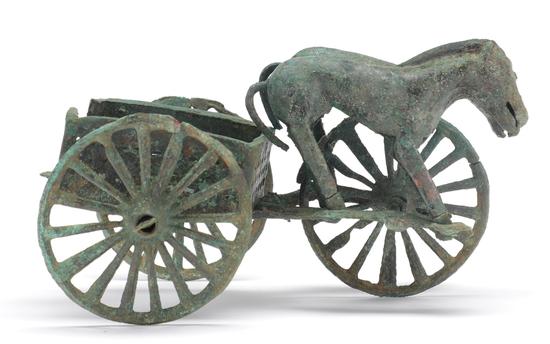



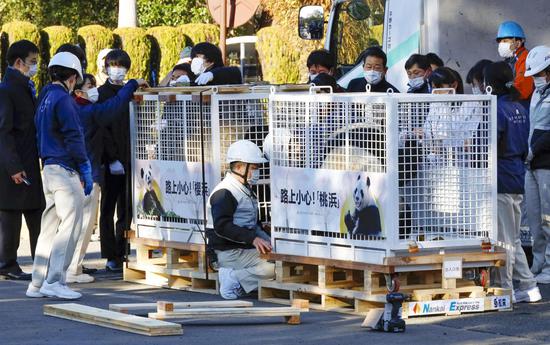







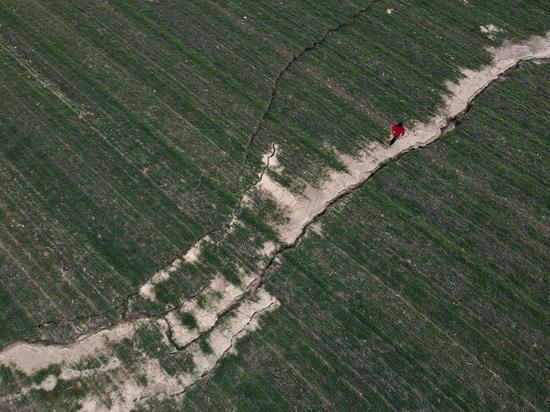






 京公网安备 11010202009201号
京公网安备 11010202009201号